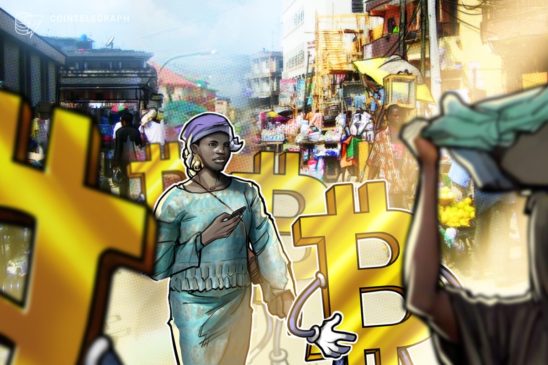Patricia, a Nigerian platform for gift card and crypto trading, has encountered a security breach, prompting immediate measures to safeguard its users. As a precautionary step, the platform has temporarily suspended fund withdrawals.
The company announced that it was a victim of a security breach that compromised its Bitcoin (BTC) and naira assets. In the message it sent to users, it said other cryptocurrencies and customer funds were unaffected by the breach. However, customers will be unable to withdraw funds from the platform as it is “undergoing internal restructuring.”
Although Patricia did not disclose the extent of asset compromise in the breach, it revealed that an individual among the syndicated group that perpetrated the breach has been identified with the help of law enforcement. It will continue to work with law enforcement and other partners to recover its assets.
Since the suspension of withdrawals on the platform, its users have taken to Twitter to express their opinions on the issue, citing inconveniences. Nonetheless, the company emphasizes its ongoing efforts to enhance the platform’s security measures.
According to reports, the specific person within the group was identified through compromised naira assets, with most of the naira assets being linked back to that individual.
In order to enhance the security of the platform, the company has enlisted the services of a security firm to conduct an audit. Once the affected arm of the business, Patricia Personal, receives clearance for operations, customers will regain the ability to withdraw their funds.
Related: Nigeria goes blockchain: Policy could impact digital identity
In February, a Nigerian fintech company, Flutterwave was allegedly hacked to the tune of nearly $6.3 million (2.9 billion naira). The Central Bank of Nigeria (CBN) began flagging bank accounts in response to the hack and in a bid to apprehend the culprits.
Cryptocurrencies are not recognized by the CBN as legal tender. In February 2021, the CBN banned commercial banks in Nigeria from engaging in any cryptocurrency transactions. The CBN, in a bid to protect citizens from black market criminal and fraudulent crypto activities, made it clear that the financial system and banking sector of Nigeria would not be linked to cryptocurrency trading.
Magazine: Here’s how to keep your crypto safe



